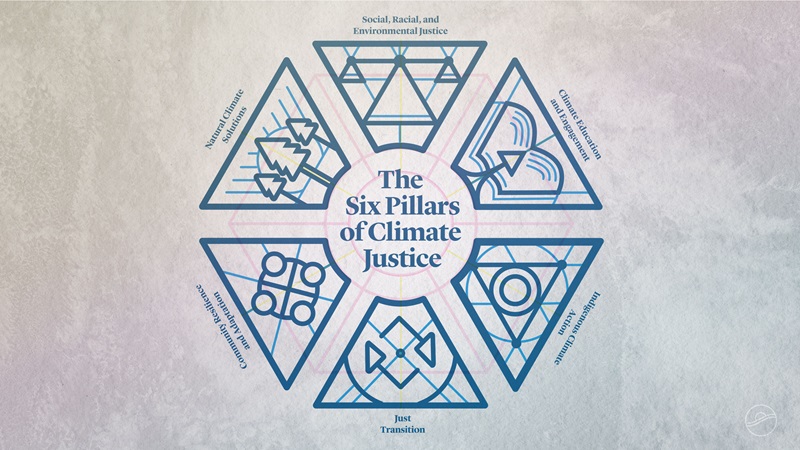Climate change is a staggering reality. It is beyond fodder for articles and needs to be paid attention to by everyone and is a reality that affects different facets of every day existence.
South Africa, despite being an upper-middle-income country, is increasingly vulnerable to the harsh impacts of climate change. Over the years, the country has experienced severe weather events like droughts, wildfires, extreme temperatures, and particularly destructive floods.
It is 2024, and a stark reality confronts us: the climate is the sitting judge, passing verdicts on our actions. Unsustainable practices are the charge. The youth stand as the victims, bearing the cost of this ruling.
Artificial intelligence (AI) is changing how we produce and consume renewable energy. AI technologies optimize systems to improve efficiency and effortlessly integrate different renewable energy sources.
Energy is one of the most critical enablers of development in the modern world. It powers homes, businesses, schools, and hospitals, and plays a crucial role in enhancing productivity, improving living standards, and fostering economic growth.
The recent floods that devastated Emilia-Romagna and other Italian regions have made it even clearer how necessary it is today to know how to deal with the consequences of climate change, both through short-term and long-term actions.
Now, let's talk about different renewable energies. There are many, including wind power, solar energy, and geothermal electricity sources, from which all kinds of environmentally friendly power are derived. But nowadays, everybody has these two in mind: wind and solar.
Environmental degradation affects ecosystems, air quality, water resources, and biodiversity. Its impacts are not felt equally by all segments of society. As the environmental justice movement grows, rights-based approaches to use of natural resources and the environment are making their way into legal reforms.
Lately, I've been reflecting on the challenges facing South Africa’s mining industry. It’s a sector that's always been close to my heart, but it’s hard to ignore the tough times it’s been going through. From fluctuating commodity prices to the rising demands for environmental responsibility, things are definitely changing.
Droughts in the prairies are just one of many important effects of climate change that Canada will undoubtedly experience. High latitude nations like Canada are anticipated to be most affected by global warming, including an increase in the frequency and severity of extreme weather events.












